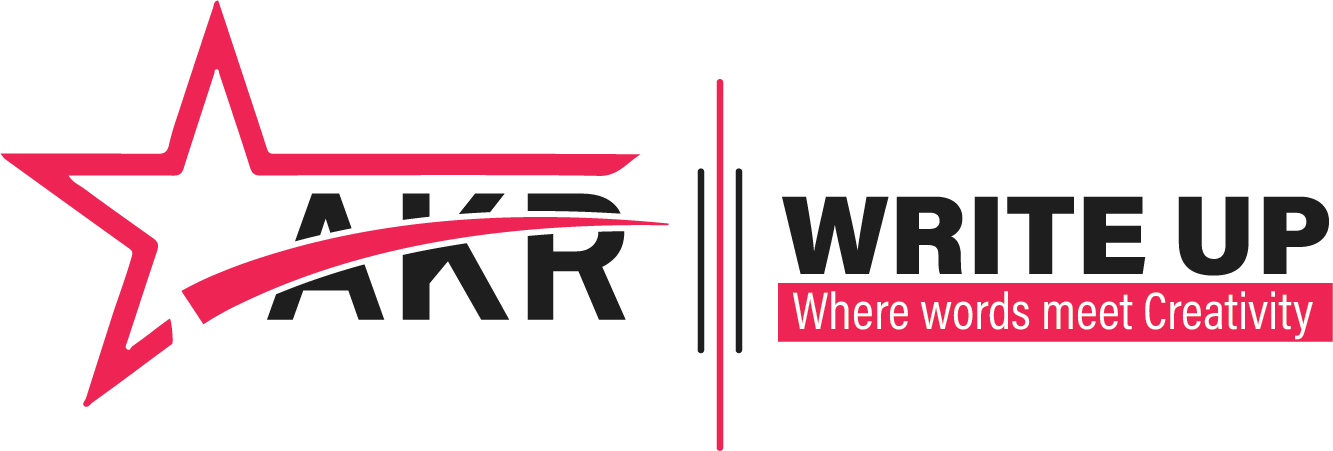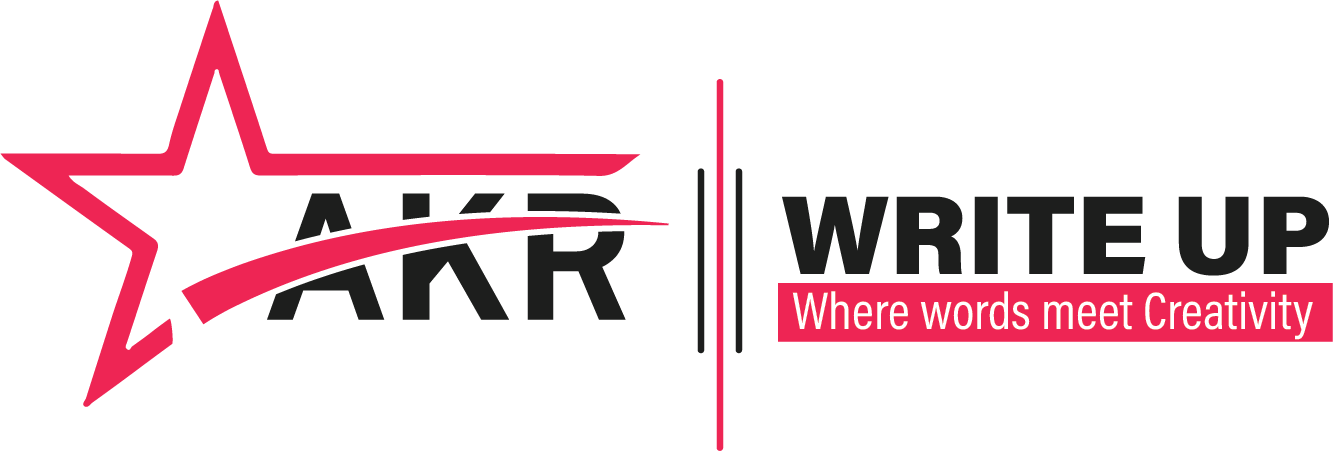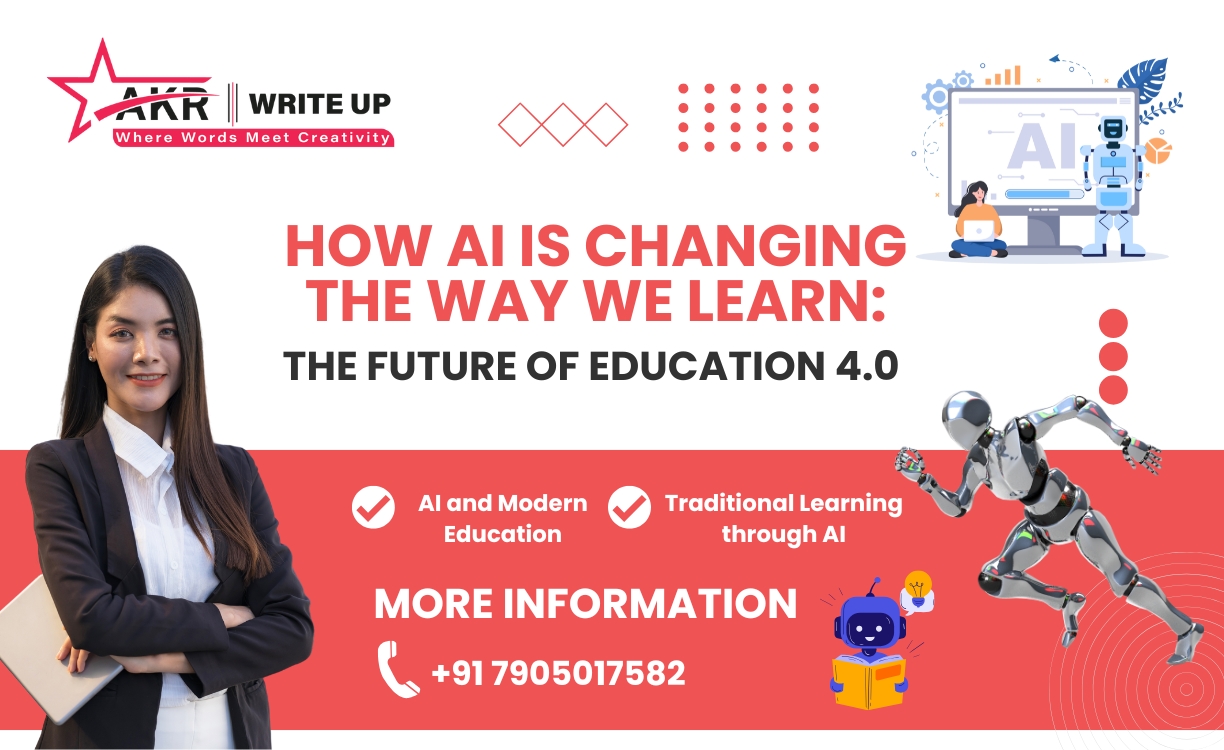How AI is Revolutionizing the Way We Learn: The Future of Education 4.0
Education is witnessing a seismic shift away from the traditional paradigms and embracing innovation and technology. At the heart of this transformation lies Artificial Intelligence (AI), redefining how we learn, teach, and interact in the educational landscape. Welcome to Education 4.0, where AI is not just a tool but a partner in shaping the future of learning.
Introduction
What is Education 4.0?
Education 4.0 refers to a visionary approach to education, structured according to the requirements of the Fourth Industrial Revolution. This methodology focuses on personalized learning, automation, and the involvement of new technologies to make learners’ futures AI-obsessed.
AI and Modern Education
AI is no longer just about robots or coding-it’s deeply embedded in the learning processes of everyday life. From adaptive learning software to intelligent tutoring systems, AI makes education smarter and more effective.
Why AI is a Game-Changer in Learning
AI is transforming education into becoming more accessible, engaging, and catering to each learner’s specific needs. It’s breaking all these barriers – geographical, linguistic, or financial barriers – and allowing access to quality education to one and all.
Transformation of Traditional Learning through AI
Personalized Learning Path
Gone are the days of one-size-fits-all education. AI analyzes a student’s learning style, pace, and interests to craft customized learning paths. Platforms like Duolingo and Khan Academy use AI to adjust difficulty levels and suggest content based on user performance.
Smart Content Creation and Delivery
AI enables teachers to produce engaging activities, including interactive simulations, quiz questions, and multimedia lessons. Platforms like AI-based e-learning technology ensure that the content meets the student’s needs, thus improving understanding and retention.
Instant Feedback Systems
With AI, grading is no longer a daunting task that takes days to weeks. For instance, Gradescope instantaneously informs students of their strengths or weaknesses, hence continuous movement.
Major Applicability of AI within Education
AI-Powered Virtual Tutors and Assistants
Virtual tutors like IBM’s Watson Tutor are changing the face of help outside the classroom. These AI systems are available 24/7, offering explanations, answering queries, and guiding students through challenging concepts.
Automating Administrative Tasks
AI is not just aiding students but also easing the burden on educators. Routine tasks like grading, attendance tracking, and scheduling can be automated, allowing teachers to focus on their core responsibility: teaching.
Enhancing Accessibility for Differently-Abled Students
AI tools such as speech-to-text software, screen readers, and real-time translation systems are making education inclusive. They enable differently-abled students to participate actively in learning, breaking down barriers to accessibility.
Advantages of AI in Education 4.0
Connecting Students to Teachers
AI helps in increasing communication between students and teachers. In this regard, chatbots can be used to reply to frequent student queries, thereby enabling more meaningful engagement by the teacher.
Encouraging Lifelong Learning
In this era where skills decay faster, AI enables one to learn and upskill oneself forever. Platforms such as Coursera and Udemy also make use of AI algorithms that help recommend courses trending in a particular industry according to one’s career prospects.
Gamifying to Boost Engagement
AI-enabled gamified learning keeps on holding the attention of its learners. Apps such as Prodigy Math Game offer gaming features with accompanying educational materials that make learning appealing and engaging.
Challenges and Ethical Concerns
Data Privacy and Security
As AI is highly dependent on data for it to be effective, it raises data privacy concerns. Ensuring the security of student data and adhering to all regulations such as GDPR is paramount.
Bias in AI Algorithms
AI systems will inherit biases through their training data unless they are properly designed. Fairness and inclusiveness in AI-based education must be ensured not to discriminate against any individual.
Teacher Training in AI Tools
Teachers need to be trained to use AI-powered tools effectively to fully harness the potential of AI. Professional development programs on AI literacy are becoming a necessity.
The Future of Education: What Lies Ahead?
AI and the Rise of Hybrid Classrooms
The future of education is hybrid, combining the best of traditional teaching with AI-driven innovations. This approach offers flexibility while maintaining a human touch.
Globalizing Education Through AI
Education becomes borderless: AI opens access to quality courses and resources in remote countries, closes the digital gap, and promotes equity.
Conclusion
Education 4.0, powered by AI, is no longer a dream but a reality that is shaping the leaders of tomorrow. As we embrace this revolution, collaboration between educators, technologists, and policymakers will be critical in ensuring that AI enriches the learning experience for all.
Visit akrwriteup.com to stay updated on cutting-edge insights into AI and its transformative impact on education and beyond!









